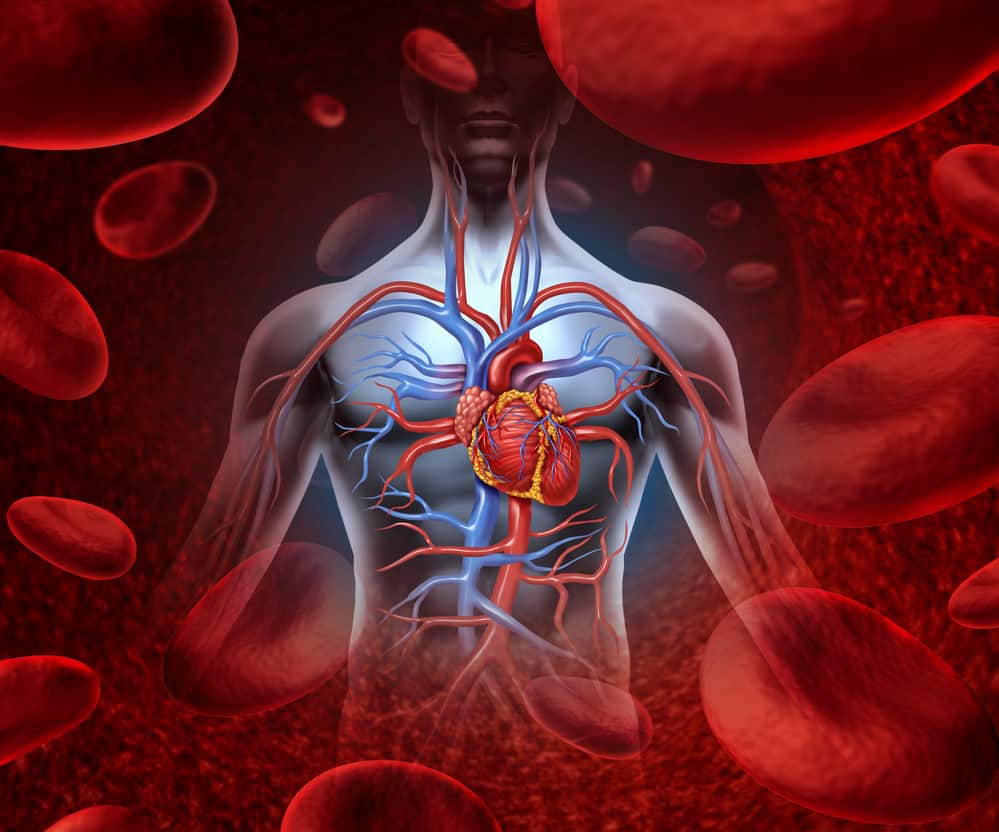
On a busy Sunday evening in the ED, an elderly man came in to be “checked out.” His story was that earlier that day he had been snacking on some peanuts while watching the football game.
He choked on some of the nuts and it took him a while to clear his airway of the peanuts. He said at the time he thought he would choke to death and had been very scared.
Subsequently, he noticed some mild chest pain for the next several hours and said he just wasn’t feeling quite right. He described the chest pain as a constant central ache in his chest that did not radiate and had no aggravating or relieving factors.
He no longer had a cough and a review of systems was otherwise unremarkable, except he felt mildly “off” which seemed to be a combination of mild nausea and fatigue. The patient’s past history was fairly unremarkable except for well controlled hypertension. His vitals and physical exam were within normal limits. The ECG was within normal limits also.
Because the patient presented with chest pain, a serum troponin level was drawn and it came back elevated. Troponin is a protein found in the blood that is associated with acute heart damage in addition to other causes, such as pulmonary embolism, CHF and chronic kidney disease.
Given the patient’s pain was more consistent with a MI rather than a PE, he was transferred to the Cath lab where he underwent an emergency angiogram.
Later that evening, I got a call from the cardiologist who had done the angiogram. This got my attention as they rarely call me. The cardiologist was quite excited as she told me she had found something fairly rare: this patient had something called Takotsubo Cardiomyopathy, or “Stress Cardiomyopathy,” also known as “Broken Heart Syndrome.” His heart showed damage to the myocardium but he had completely clear coronary arteries!
He would most likely recover from this condition but would be on some medication for a few weeks.
Takotsubo Cardiomyopathy generally has a good prognosis but can be fatal. In a time of severe psychological distress, very high adrenaline levels can cause damage directly to heart muscle which can then result in complications such as CHF or heart arrhythmias.
Since this case, I have decided to take parachuting off my bucket list. It turns out you can scare yourself to death!
He choked on some of the nuts and it took him a while to clear his airway of the peanuts. He said at the time he thought he would choke to death and had been very scared.
Subsequently, he noticed some mild chest pain for the next several hours and said he just wasn’t feeling quite right. He described the chest pain as a constant central ache in his chest that did not radiate and had no aggravating or relieving factors.
He no longer had a cough and a review of systems was otherwise unremarkable, except he felt mildly “off” which seemed to be a combination of mild nausea and fatigue. The patient’s past history was fairly unremarkable except for well controlled hypertension. His vitals and physical exam were within normal limits. The ECG was within normal limits also.
Because the patient presented with chest pain, a serum troponin level was drawn and it came back elevated. Troponin is a protein found in the blood that is associated with acute heart damage in addition to other causes, such as pulmonary embolism, CHF and chronic kidney disease.
Given the patient’s pain was more consistent with a MI rather than a PE, he was transferred to the Cath lab where he underwent an emergency angiogram.
Later that evening, I got a call from the cardiologist who had done the angiogram. This got my attention as they rarely call me. The cardiologist was quite excited as she told me she had found something fairly rare: this patient had something called Takotsubo Cardiomyopathy, or “Stress Cardiomyopathy,” also known as “Broken Heart Syndrome.” His heart showed damage to the myocardium but he had completely clear coronary arteries!
He would most likely recover from this condition but would be on some medication for a few weeks.
Takotsubo Cardiomyopathy generally has a good prognosis but can be fatal. In a time of severe psychological distress, very high adrenaline levels can cause damage directly to heart muscle which can then result in complications such as CHF or heart arrhythmias.
Since this case, I have decided to take parachuting off my bucket list. It turns out you can scare yourself to death!



